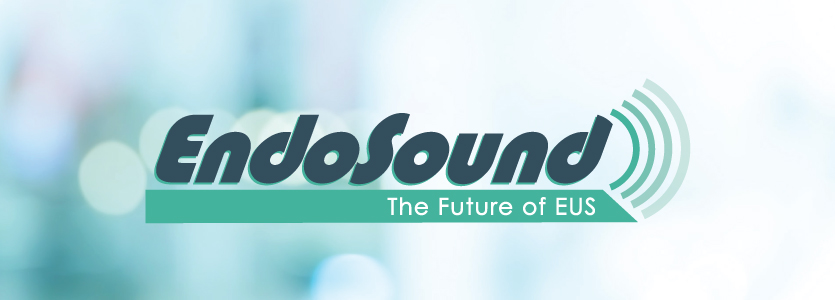CMS Will Eliminate Inpatient-Only Procedure List by 2024
This year, ASCs can perform and be paid for hundreds of additional procedures.
CMS’s Outpatient Prospective Payment System and Ambulatory Surgical Center final rule, which took effect on January 1, further blurs the lines between inpatient and outpatient surgical care, as well as between ASCs and HOPDs within the outpatient sphere.
The big news is the gradual elimination of the inpatient-only procedure list. This year, CMS has removed a total of 298 mostly musculoskeletal procedures from that list, and now will pay for them in HOPD settings when clinically appropriate. By 2024, the remaining 1,400 or so procedures on the inpatient-only list will be removed.
Meanwhile, ASCs gained a few more points in their quest to perform, and be paid for, procedures that are performed in HOPDs. CMS placed 267 formerly HOPD-only procedures, including total hip replacements, on the ASC list of covered procedures for 2021.
David Shapiro, MD, CHC, CHCQM, CHPRM, LHRM, CASC, an anesthesiologist based in Tallahassee, Fla., believes CMS is moving in the right direction to eliminate what he calls the “artificial distinction” between HOPD- and ASC-covered procedures. However, he says that the 2021 final rule declares that procedures on the inpatient-only list as of 2020 will be “proscribed,” or forbidden, from future inclusion on the list of ASC-covered procedures. “This is puzzling, particularly in light of the positive regulatory developments that facilitate appropriate clinical decision-making by trained medical professionals,” he says. “The ASC community is gathering forces now to determine the intention of this portion of the final rule.”
Dr. Shapiro says the continued move of surgeries out of hospitals, and CMS’s increased willingness to pay for them at HOPDs and ASCs, makes sense. “Healthcare providers and their patients should make site-of-service determinations, not payers,” he says. “As surgical care evolves, physicians and patients have become increasingly aware that ASCs are able to safely perform a growing number of increasingly complex surgeries that would have been unthinkable in an ambulatory setting a decade ago.
“It shouldn’t matter where a procedure is done, especially if it’s done safely, but it’s always mattered to CMS — until now. With the recent changes to the payment system, ASCs and HOPDs can now get paid to perform procedures that, clinically, they’ve been able to do safely and effectively for a long time.”
Ultimately, says Dr. Shapiro, CMS is taking “a bold step away from the past and into the future,” and a result, Medicare beneficiaries will be well-served, receiving quality care in any setting for years to come.



